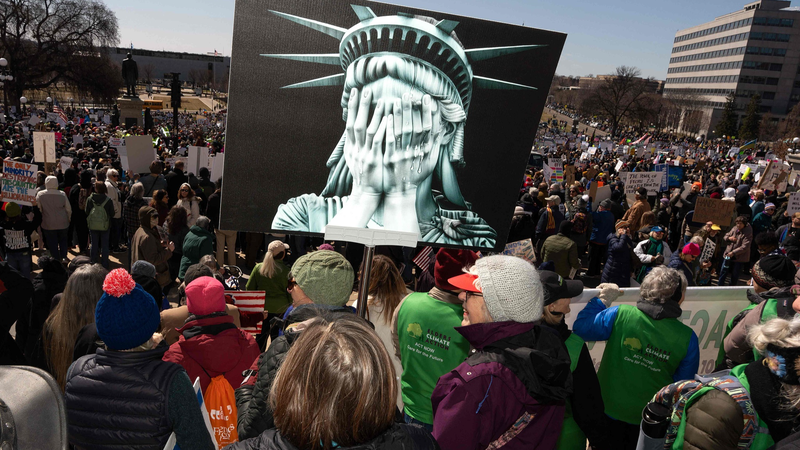Amid a turbulent political climate, recent executive orders in Washington have cast a long shadow over immigrant communities. These measures—from deploying troops to the southern border to challenging long-held principles like birthright citizenship—are stirring deep-seated fears among those who rely on the nation’s promise of inclusion.
Community voices share how these policies ripple into everyday life. Bishop Matthew Heyd from New York remarked, "The fear infects everything," noting that many immigrants are now hesitant to perform basic tasks such as grocery shopping, a change that underscores the intensity of the prevailing anxiety.
Activists have also highlighted a growing concern among everyday workers. Carina Kaufman-Gutierrez of the Street Vendor Project observed that essential workers, including those who start their day at 4 a.m. making deliveries, are being exploited politically. She pointed out that such individuals, who form the backbone of urban life, are unfairly positioned as scapegoats amid the nation’s heated debates.
The current situation exemplifies a deep ideological rift in U.S. policy. While America proudly touts itself as a beacon of democracy, cultural diversity, and human rights, conflicting policies have fueled comparisons that question whether it truly upholds these values. Critics note that the absence of a comprehensive strategy—one that balances security with humane treatment—has only deepened systemic strains.
Long asylum backlogs, overwhelmed enforcement agencies, and the controversial use of offshore detention facilities, including the one at Guantanamo Bay, further complicate the landscape. In the aftermath of a challenging global pandemic, with economic stagnation, a tight job market, and rising inflation, the debate over immigration has taken on new urgency as early as 2025.
As the conversation intensifies, voices from community leaders to global observers call for reforms that reconcile national security with the fundamental rights and dignity of immigrants. The U.S. now stands at a crossroads, with its policies not only shaping its internal identity but also drawing the critical attention of a globally connected audience.
Reference(s):
cgtn.com




